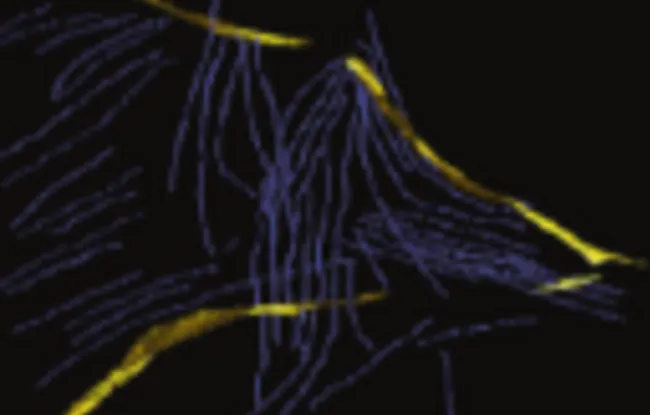- Home
Tumor Biology and Immunology
To better fight tumors, we have to be able to understand their sophisticated machinery and harness the full power of our natural defenses. Institut Curie Research Center is an expert in oncology and immunology, and has all that is required to conduct cutting-edge research in these fields.

Tumor Biology
Tumor biology is the study of all the of elements that make up a tumor and enable the tumor “machinery” to function: These include DNA, RNA, and cancer cell metabolism; intra-and intercellular communication; interactions between tumors and their micro-environments... Tumor biology is complex and dynamic: not only are tumors made of different compartments of heterogeneous cells, but tumor cells also know how to bypass or hijack normal processes to their advantage or evolve and gain new properties in order to grow.
Knowing the biology of primary tumors, metastases, and tumor recurrence is essential to understanding the mechanisms of tumorigenesis and cancer progression. Modern advances in sequencing and bioinformatic tools allow now very powerful tumor characterization that includes genome, transcriptome, proteome and metabolome of each cell, but also their position and how they interact within the tumor. Such advances help Institut Curie researchers to better understand how tumor forms and functions, thereby enabling innovations in cancer diagnosis, prognosis, and treatment.
“Tumor biology is one of the main core of Institut Curie’s research, with 2/3 of our teams working in this area”, says Olivier Ayrault, head of the Signaling in Development and Brain Tumours research team.
Immunology
Finding gained from researching the immune system can be used to replicate how it combats tumor cells. This is the principle behind cancer immunotherapy, which is both a “targeted” therapy (because it specifically attacks cancerous cells but spares healthy tissue) and a “sustainable” one (because the immune system has the ability to remember).
Institut Curie Research Center conducts basic research in immunology, translational research in anti-tumor immune response in humans, and clinical research in the form of immunotherapy trials. Our researchers have been central to many recent advances, including the discovery of a molecule that increases antitumor recognition and opens up the possibility of vaccination; the identification of tumor neoantigens that could become immunotherapy targets; and preclinical testing of a molecule that improves immune cell migration. Furthermore, data stemming from single cell technologies, which allow for the precise analysis of the immune cells that infiltrate tumors, can now be used for personalized immunotherapy trials.
“Basic immunology research has led to real revolutions in the treatment of cancer with the example of recently described immune checkpoint inhibitors”, says Ana-Maria Lennon, director of the Immunity and Cancer unit (U932) and head of the Spatio-temporal Dynamics of Immune Cells research team.

